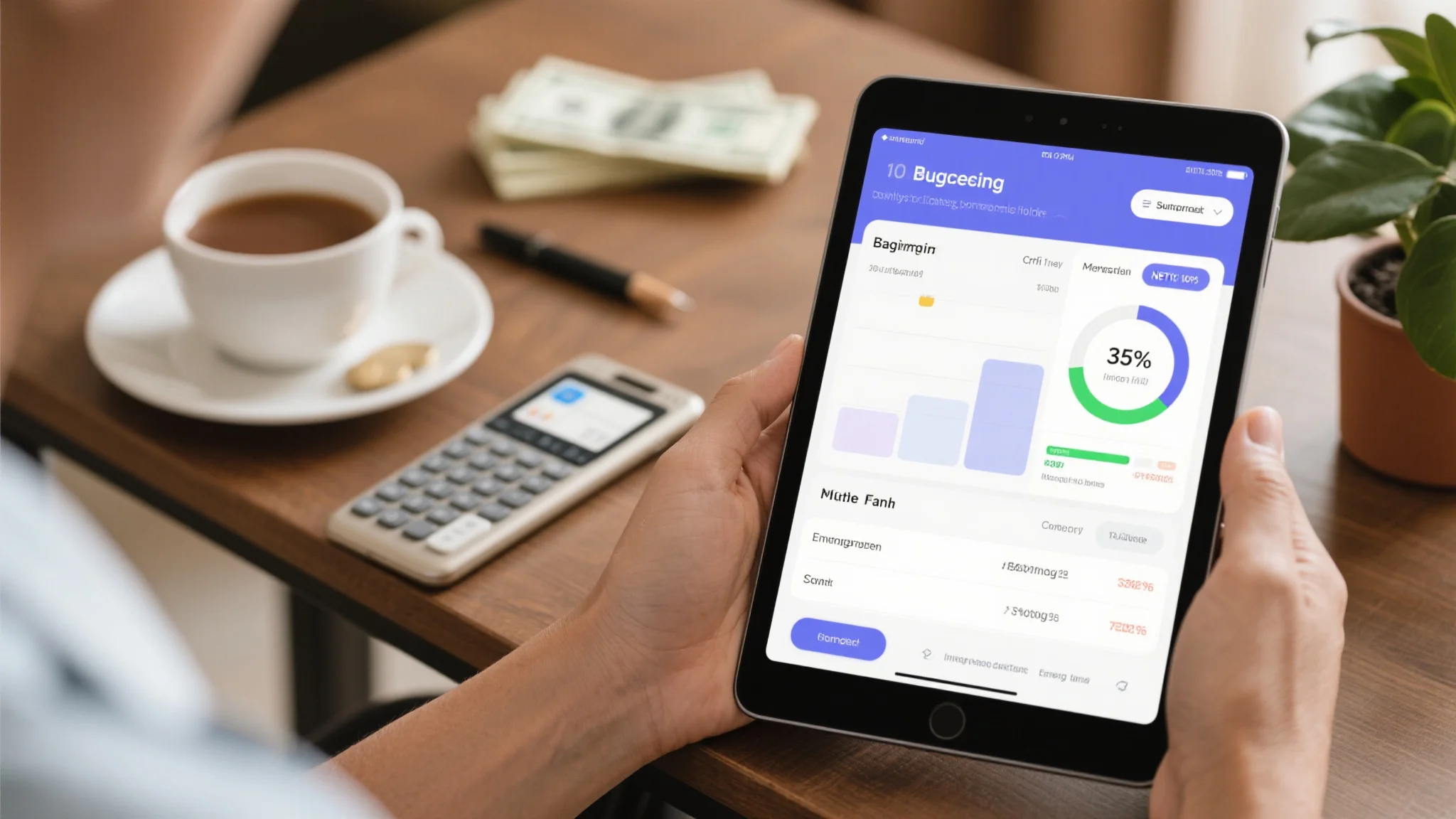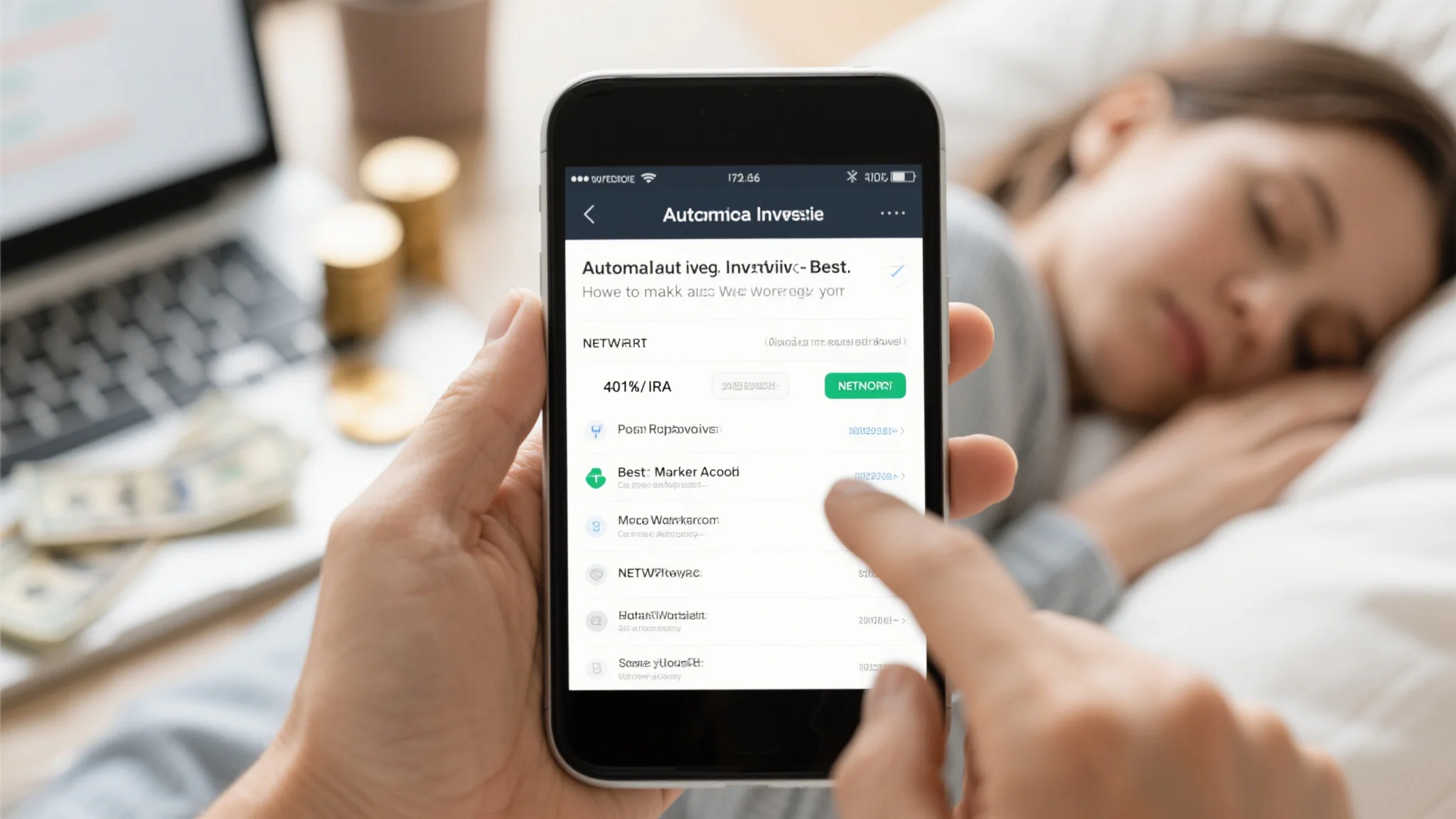
10 Budgeting Tools to Help You Take Control of Your Finances
Essential Budgeting Tools for Financial Control
Modern budgeting tools have revolutionized how Americans manage their finances, offering features that go far beyond simple spreadsheets. These applications connect directly to bank accounts and credit cards, automatically categorizing transactions to provide real-time spending insights. The best platforms use machine learning to identify spending patterns and suggest personalized budgeting strategies that actually work for individual lifestyles.
What sets apart today’s budgeting tools is their ability to sync across multiple devices while maintaining bank-level security. Users can check their budget from smartphones while shopping or review monthly trends on desktop computers. Many tools now offer predictive budgeting features that forecast cash flow based on recurring bills and income patterns, helping avoid overdrafts and late fees.
Effective Monthly Budgeting Strategies
Implementing successful monthly budgeting strategies requires more than just tracking expenses. The most effective approaches combine zero-based budgeting principles with flexible categories that account for variable expenses. Modern budgeting apps help implement these strategies by automatically rolling over unused funds to the next month or suggesting adjustments when spending exceeds planned amounts.
The key to sustainable monthly budgeting strategies lies in their adaptability. Rigid budgets often fail because they don’t account for life’s unpredictability. Contemporary tools solve this by allowing category adjustments throughout the month while maintaining overall spending targets. Some even incorporate seasonal spending patterns into their recommendations, helping users prepare for holiday expenses or summer vacations.
Tracking Progress with Net Worth Trackers
A comprehensive net worth tracker provides the big-picture view that complements detailed budgeting. These tools aggregate all financial accounts – from checking and savings to investment portfolios and real estate – calculating net worth automatically. Watching this number grow over time provides powerful motivation to stick with budgeting plans and financial goals.
Advanced net worth tracker features include historical trend analysis and future projections based on current savings rates. Some platforms can even estimate home values using local market data or track private investment performance. This holistic financial view helps users make better decisions about debt repayment, asset allocation, and long-term planning.
Credit Score Improvement Through Better Habits
Many budgeting platforms now incorporate credit score improvement tools that monitor credit reports and suggest actions to boost ratings. These features analyze payment history, credit utilization, and other factors to provide personalized recommendations. Some apps can even simulate how financial decisions might impact scores before users take action.
Effective credit score improvement strategies often start with budgeting tools that help avoid late payments – the single biggest factor in credit scores. Modern apps can send payment reminders and alert users when bills are due. More advanced features might suggest optimal times to pay down credit cards or apply for new credit based on individual credit profiles.
Building Security with Emergency Fund Tips
Financial experts universally recommend emergency funds, and today’s best emergency fund tips emphasize automated savings strategies. Budgeting apps can automatically transfer small amounts to savings accounts with each transaction (round-up savings) or allocate windfalls like tax refunds directly to emergency funds. These painless methods make building financial cushions easier than ever.
Practical emergency fund tips now include strategies for determining appropriate fund sizes based on individual circumstances. Some budgeting tools analyze actual monthly expenses to recommend specific savings targets, while others help users gradually increase their emergency funds over time through incremental goal setting.
Integrating Tools for Complete Financial Health
The most powerful financial management comes from combining budgeting tools with net worth tracker capabilities and credit score improvement features. Modern platforms offer these integrations seamlessly, allowing users to see how daily spending decisions impact overall financial health. This comprehensive approach helps prioritize financial actions that deliver the most significant benefits.
For example, a platform might suggest paying down a specific credit card first based on both budget flexibility and credit score impact. Or recommend splitting extra funds between emergency savings and debt repayment based on individual risk tolerance and financial goals. These intelligent recommendations make financial decision-making simpler and more effective.
Choosing the Right Financial Tools
Selecting the ideal combination of budgeting tools and monthly budgeting strategies depends on individual financial situations and personality types. Some users prefer detailed, manual-entry systems that force awareness of every dollar, while others benefit from automated tracking with occasional check-ins. The best approach matches tool selection with personal money management styles.
Many Americans find success starting with simple budgeting apps to establish basic habits, then gradually incorporating more advanced features like net worth tracker capabilities and emergency fund tips. This progressive approach prevents overwhelm while building comprehensive financial management skills over time.


